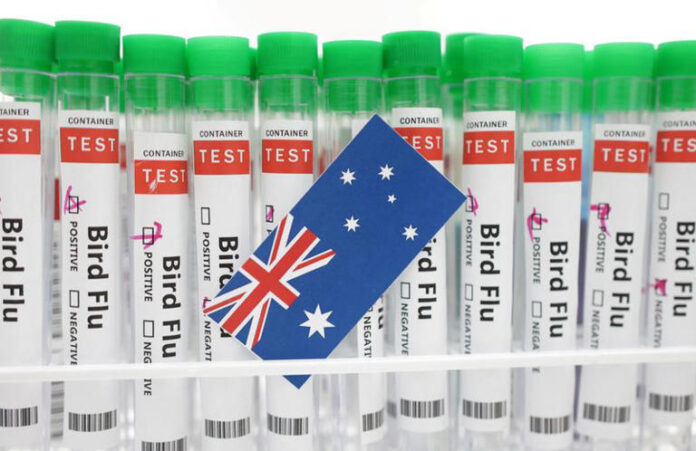In a concerning development, Australia and New Zealand are bracing for the potential impact of avian influenza, commonly known as bird flu, as outbreaks continue to emerge in various regions. Health authorities in both countries are closely monitoring the situation, emphasizing the importance of preparedness in the face of a virus that poses risks not only to avian populations but also to human health.
The bird flu virus has been detected in several countries, raising alarms among wildlife and agricultural experts. The Australian government has issued alerts, urging poultry farmers and bird keepers to implement strict biosecurity measures to mitigate the risk of transmission. This includes regular health checks of birds, maintaining cleanliness in enclosures, and reporting any unusual illnesses in flocks. The New Zealand Ministry for Primary Industries has similarly ramped up surveillance efforts and is collaborating with farmers to ensure they are equipped to respond swiftly should any cases arise.
Both nations are particularly vigilant because of the potential for the virus to mutate and spread to humans, a scenario that could have serious public health implications. While there have been no reported human cases in either country related to the current outbreaks, health officials are not taking any chances. They stress that a proactive approach is crucial to safeguarding both animal and human populations.
The situation is compounded by the global interconnectedness of the poultry industry, making it imperative for Australia and New Zealand to stay ahead of the curve. Experts are emphasizing the need for coordinated response strategies, including rapid communication channels between farmers, veterinarians, and public health officials. This interconnected strategy is vital to ensure that any emerging threats are quickly identified and contained.
As the bird flu situation continues to evolve, both governments are preparing for the possibility of heightened regulations and restrictions, including culling infected birds and restricting the movement of poultry to prevent further spread. The agriculture sector, particularly poultry farming, could face significant challenges should an outbreak occur, impacting not only farmers but also the supply chain and consumers.
Public awareness campaigns are also in the works to educate citizens about the signs of avian influenza in birds and the importance of reporting suspicious cases. The overall message is clear: vigilance, preparedness, and swift action are essential to manage and mitigate the risks posed by this looming threat of bird flu.
